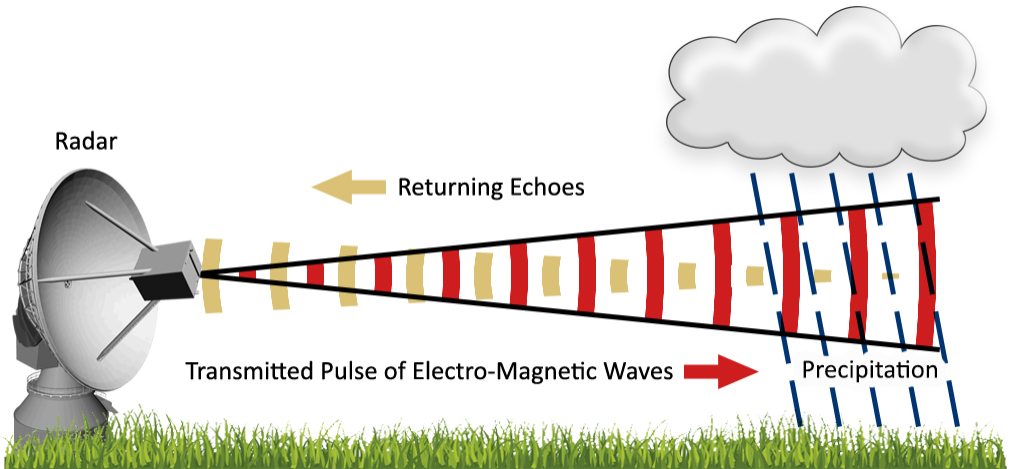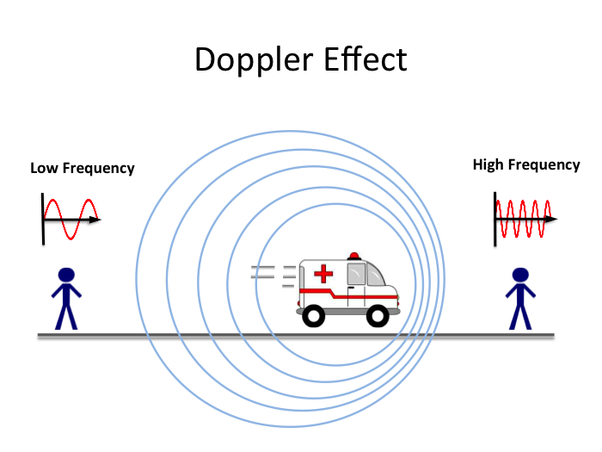Important Facts For Prelims
Doppler Weather Radar Network
- 16 Jan 2023
- 4 min read
Why in News?
On the Occasion of 148th Foundation Day of India Meteorological Department (IMD), the Ministry of Earth Science has inaugurated the Doppler Weather Radar (DWR) Systems in Jammu & Kashmir, Uttarakhand, and Himachal Pradesh.
- The Ministry of Earth Science.is also preparing to cover the entire Country the Doppler weather radar network by 2025 for more accurate forecasts related to extreme weather events.
What are Doppler Weather Radars?
- Based on Doppler principle, the radar is designed to improve precision in long-range weather forecasting and surveillance using a parabolic dish antenna and a foam sandwich spherical radome.
- DWR has the equipment to measure rainfall intensity, wind shear and velocity and locate a storm centre and the direction of a tornado or gust front.
What is Radar?
- Radar (Radio Detection and Ranging):
- It is a device which uses electromagnetic waves in the microwaves region to detect location (range & direction), altitude, intensity and movement of moving and non-moving objects.
- Doppler Radar:
- It is a specialized radar that uses the Doppler effect to produce velocity data about objects at a distance
- It does this by bouncing a microwave signal off a desired target and analyzing how the object’s motion has altered the frequency of the returned signal.
- This variation gives direct and highly accurate measurements of the radial component of a target’s velocity relative to the radar.
- Types Of Doppler Radars:
- Doppler radar can be divided into several different categories according to the wavelength which are L, S, C, X, K.

- X band radars:
- They operate on a wavelength of 2.5-4 cm and a frequency of 8-12 GHz. Because of the smaller wavelength, the X band radar is more sensitive and can detect smaller particles.
- Application:
- These radars are used for studies on cloud development because they can detect the tiny water particles and also used to detect light precipitation such as snow.
- X-band radars also attenuate (become less effective) very easily, so they are used for only very short-range weather observation.
- Due to the small size of the radar, it can therefore be portable like the Doppler on Wheels (DOW). Most major airplanes are equipped with an X band radar to pick up turbulence and other weather phenomena.
- This band is also shared with some police speed radars and some space radars.
- X band radars:
- Doppler radar can be divided into several different categories according to the wavelength which are L, S, C, X, K.






